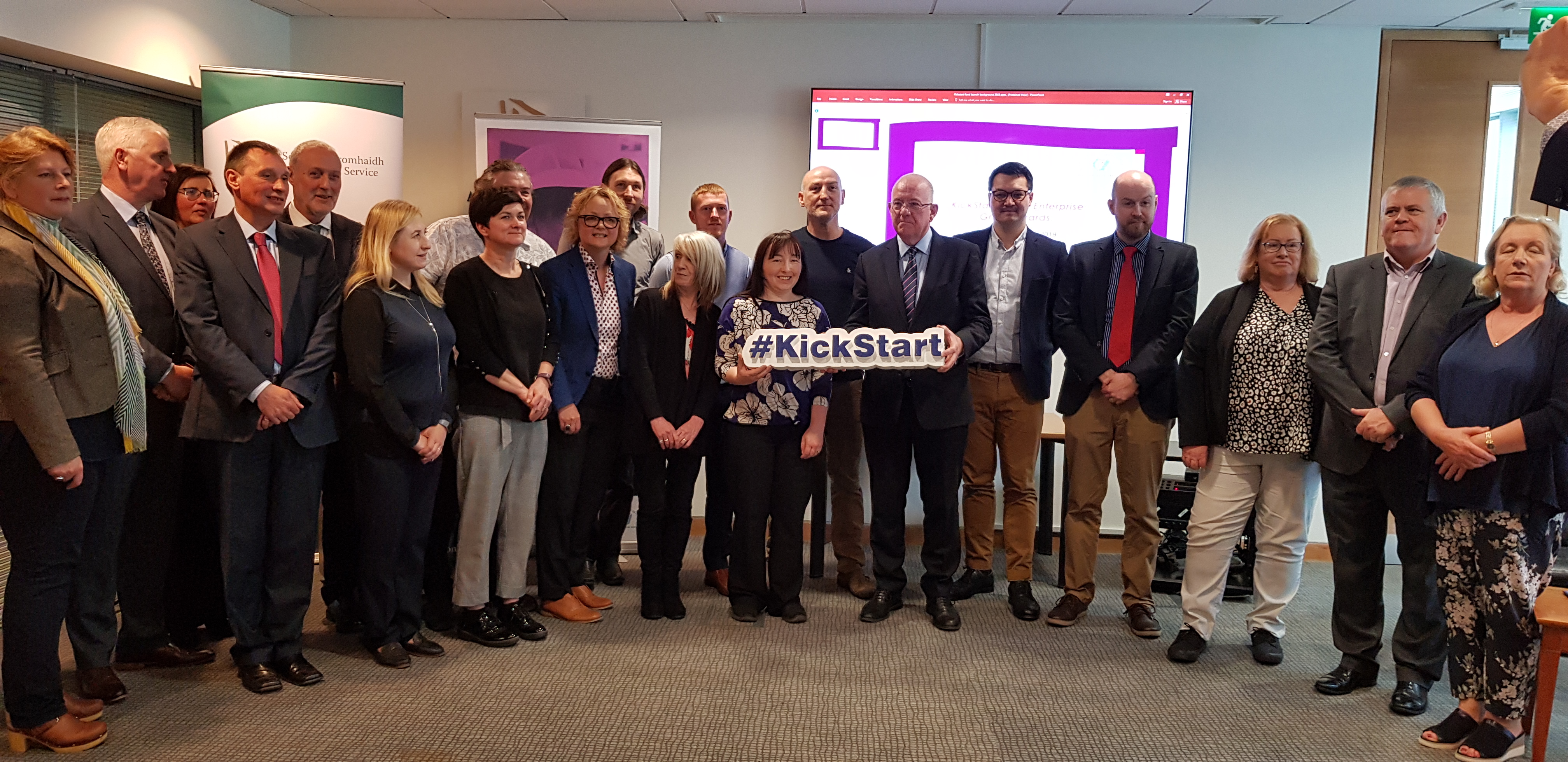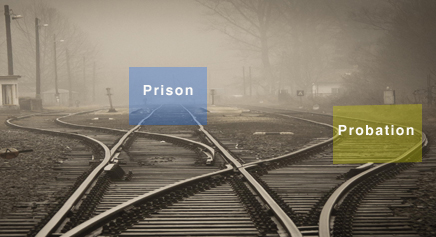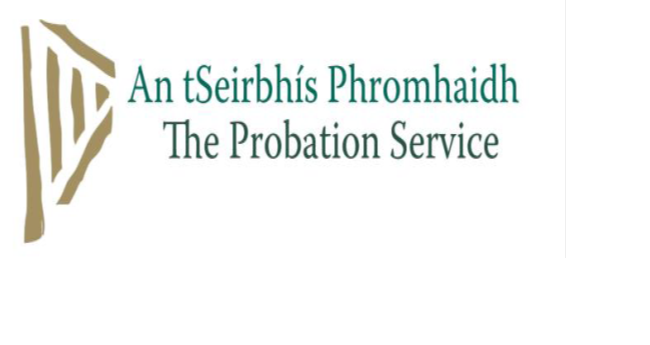Social enterprises that help cut re-offending rates given €300,000 ‘KickStart’ by Minister Flanagan
-14 social enterprises to receive matching grants of up to €30,000
-Programme aims to cut re-offending by providing employment opportunities for people with a criminal record
2 May 2019
Minister for Justice and Equality, Charlie Flanagan TD, today announced the allocation of €300,000 funding to social enterprises that tackle re-offending rates by providing employment opportunities for people with a criminal past.
The funding is being provided by the Department of Justice and Equality’s Social Impact Programme under its ‘KickStart’ Seed Fund. The fund will provide matching grants up to €30,000 to 14 organisations providing employment to former offenders and persons leaving prison.
A total of €300,000 was approved for the programme under the Dormant Accounts Disbursement Scheme to enable organisations to conduct a feasibility study or market research or for start-up and development costs.
Announcing the allocations Minister Flanagan said:
“This funding will help social enterprises to increase employment opportunities for people who have found it difficult to access the labour market as a result of their past. Those who have paid their debts to society will be given an opportunity to make sustainable changes in their lives, get back on their feet and access employment. We are justifiably proud that the unemployment rate at 5.4% is the lowest it’s been since February 2008. However, we need to ensure that no one is left behind and that employment opportunities exist for all.”
Minister Flanagan referred to the importance of social enterprise for those excluded from the mainstream labour market due to their criminal past saying “in order to break the cycle of re-offending, it is important that former prisoners who want to make a positive contribution to society have an opportunity to work. Supported employment in a social enterprise provides a much needed buffer, allowing people in this situation to gain confidence in their own abilities while also earning a wage.
“It’s as simple as this: people who are given access to training and are in work are less likely to re-offend,” he said. “This is important for the individuals, their families and the wider community.”
Describing the positive impact the programme can have, an employee from Waterford based social enterprise RENEW said “For me, having a full-time job in a social enterprise means I’m earning an honest living and able to buy a few extra bits for the kids. I’m now in the system and earning a stamp every week. I’m getting trained up as a trainer and I’ve also enrolled in college.”
At the announcement, successful social enterprises took the opportunity to showcase their businesses and their contribution towards employing people with previous convictions, helping to highlight the important role securing meaningful employment can have on an individual, their families and the wider community.
The Director of the Probation Service Vivian Geiran indicated that interest in the fund had been better than expected, which reflected positively for the potential Social Enterprise sector and for those organisations involved with providing employment for persons with a criminal justice history. The funding for Feasibility study and development grants will enable the 14 organisations to make decisions as to next stage of their business. It will also inform the Department of Justice and Equality’s policy in the area, including any potential for further funding programmes.





